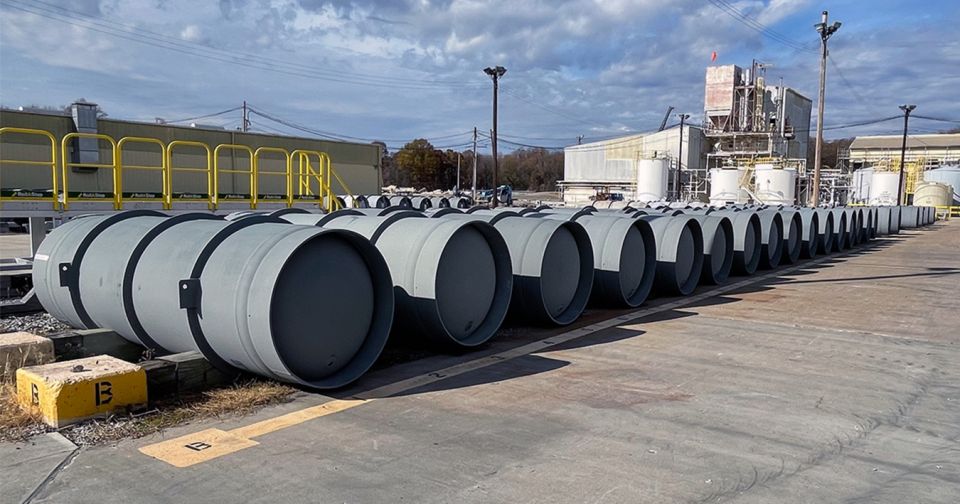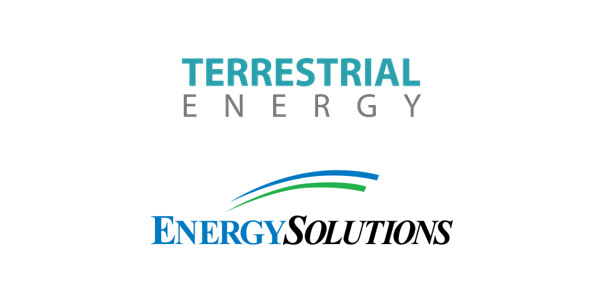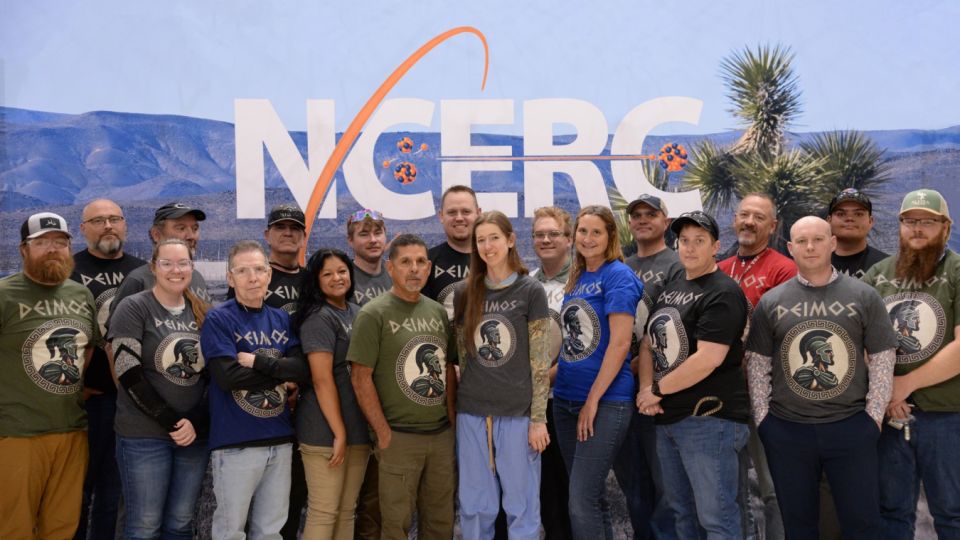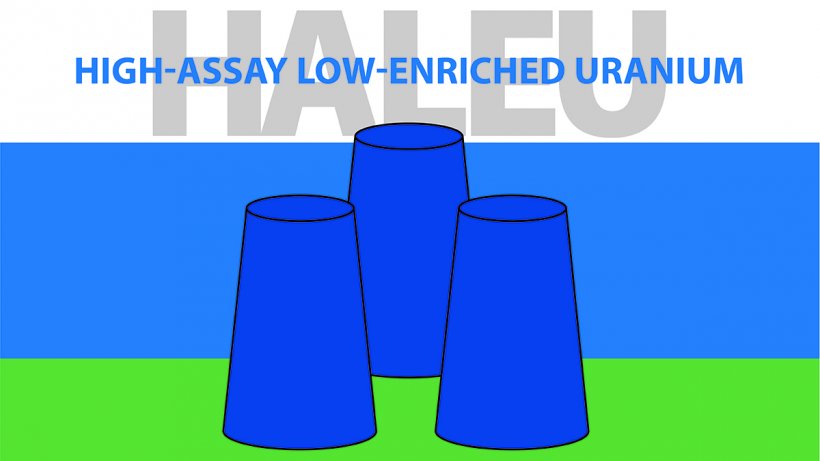While recognizing the need to consider proliferation risks associated with HALEU, the ANS stressed that these concerns can be effectively managed within existing international frameworks.
“We encourage policymakers to remain optimistic and committed to deploying new advanced reactors, focusing on practical rather than theoretical risks. Effective policies can manage these risks while supporting our transition to a cleaner, sustainable future. Let’s engage in open scientific discussions, adhering to President Eisenhower's Atoms for Peace vision to ensure nuclear innovations benefit human flourishing in America and around the world,” the letter continued.
The ANS rejected the notion that the United States should unilaterally alter international nuclear security policy by lowering the enrichment threshold for uranium fuel domestically. Such a unilateral move would contradict international consensus, undermine long-standing cooperation with global partners, and impair the ability of the U.S. and allies in meeting their collective nonproliferation objectives. “This approach ignores the comprehensive assessments and effectiveness of existing domestic and international safeguards already in place, which have been developed in cooperation with international partners over many decades,” ANS said.
Further, the letter addressed the article’s oversight regarding the effectiveness of existing safeguards and country-specific controls on the possession and export of special nuclear material. “For more than 60 years, research reactors worldwide have been fueled by HALEU with no evidence of attempted diversion or misuse. The safeguards programs implemented by the United Nations’ International Atomic Energy Agency (IAEA) have proven to be effective and transparent in ensuring that HALEU is used solely for peaceful purposes,” ANS said.
“Moreover, the article’s definition of ‘weapons-usable’ material based solely on having a finite critical mass does not fully address the complex technical challenges involved in weaponization. The engineering required and materials handling challenges of assembling a functioning nuclear explosive from HALEU, particularly from advanced reactor fuels, remains highly complex and even impossible for certain fuel types.”
The ANS noted that the authors’ recommendation that the U.S. unilaterally redefine HALEU is ill considered and contrary to the 2023-published National Academies of Science, Engineering, and Medicine consensus report on the merits and viability of different nuclear fuel cycles referenced in the article.
“In their call for a Congress-directed reexamination of HALEU proliferation risks, the authors’ suggestion of a predetermined outcome of the review—i.e., restricting reactor fuels to 10 to 12 percent enrichment levels of the Uranium-235 isotope—raises concerns about adherence to the scientific method and the importance of objective evaluation in the article.”
The ANS found the authors' blanket assertion that HALEU could produce a nuclear explosive yield, based on unclassified formulas from the Manhattan Project era, to be imprudent and irrelevant, questioning the validity of such assumptions and the appropriateness of discussing this issue publicly. The ANS defers to the National Nuclear Security Administration on the matter.
“Definitions and restrictions associated with uranium enrichment were established by the international community through the IAEA, carefully considering the real risks associated with uranium at all levels of enrichment. The authors present no new information that warrants a change to current policy, but even if they did, it should be addressed internationally, not through unilateral measures.”
In addition to the open letter, the ANS submitted to Science magazine a more concise, letter to the editor, intended for publication.
Learn More:
Established in 1954, the American Nuclear Society (ANS) is an international professional organization of engineers, scientists, technologists, teachers, and healthcare providers devoted to the peaceful applications of nuclear science and technology. Its more than 10,000 members represent government, academia, research laboratories, medical facilities, and private industry. ANS's mission is to advance, foster, and spur the development and application of nuclear science, engineering, and technology to benefit society.
#####
Media Contact:
Andrew Coffman Smith, Director of Communications
(202) 996-0474 | media@ans.org







